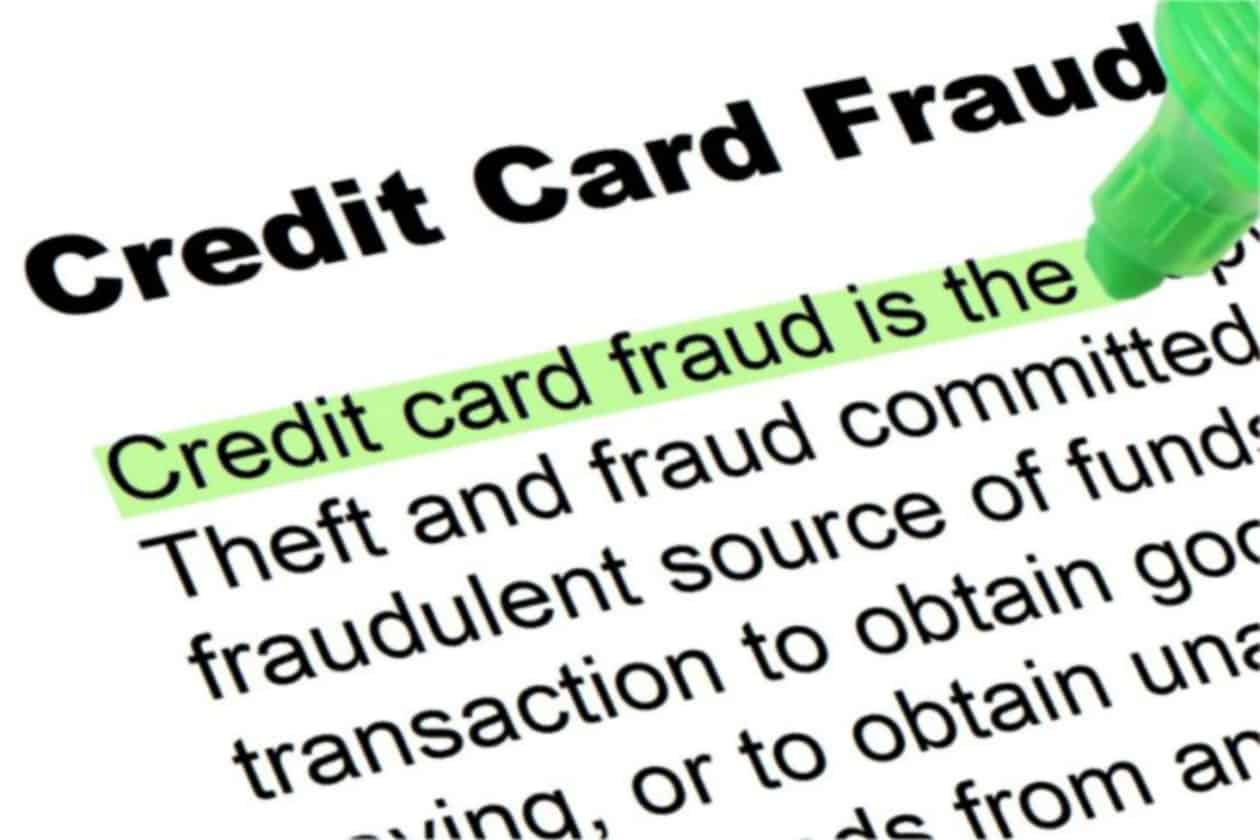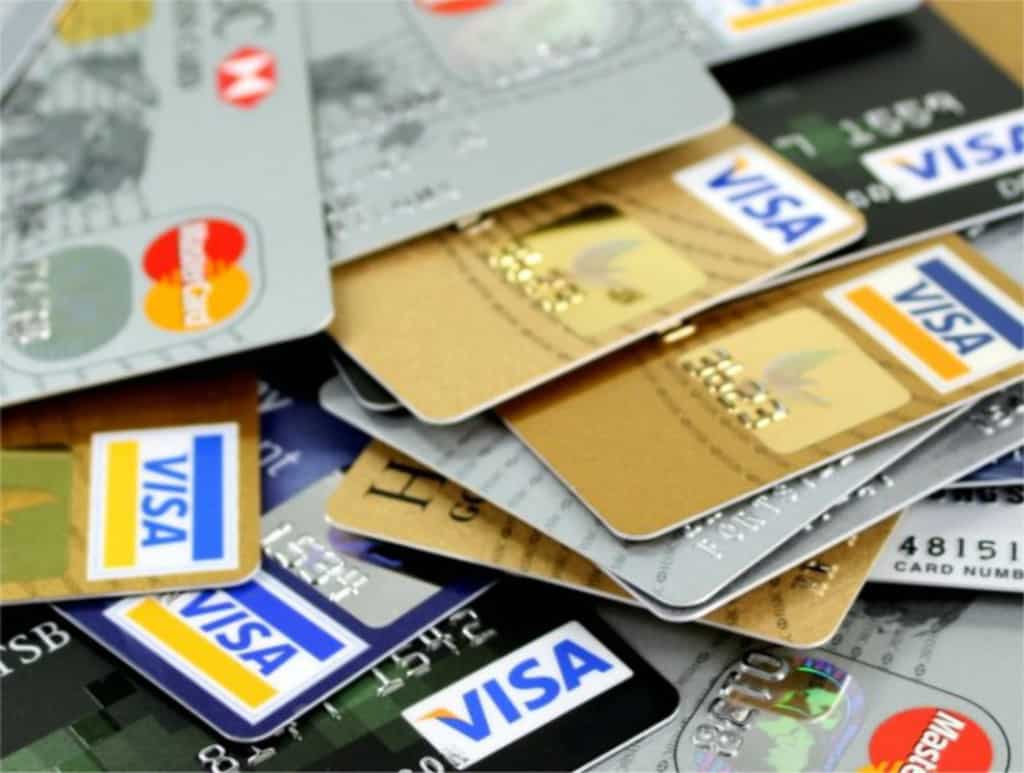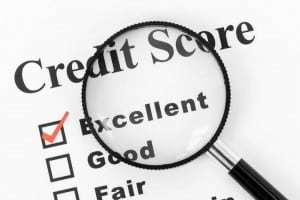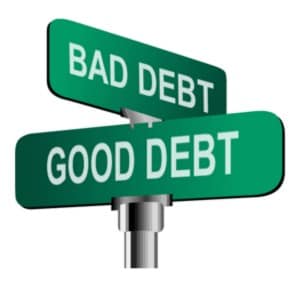Difference between credit report and credit score: Introduction
Many people we see don’t realize the difference between credit report and credit score and they often confuse a credit report with a credit score. So, let’s get back to basics. We’ll clarify credit reports for you and explain why you should check your credit report and how often.
Difference between credit report and credit score: What is a credit report?
A credit report is a detailed record of your credit history – when you opened your account(s), how much you owe, if you make your payments on time, miss payments, go over your credit limit, etc. In Canada there are two major credit reporting agencies – Equifax Canada and TransUnion Canada. They collect information about how you use credit (lenders send them the information) and they create credit reports based on that information. Personal information that’s available in public records, such as a bankruptcy, is also included in your credit report.
Difference between credit report and credit score: What is a credit score?
A credit score is not the same as a credit report. A credit score is a three-digit number produced by a mathematical formula using the information in your credit report. You get points for using credit responsibly. You lose points if you’re having problems managing credit. In Canada, credit scores range from 300 to 900 points (900 is the best score).
Difference between credit report and credit score:: Why is your credit report so important?
As a society we are increasingly dependent on credit. Every time you apply for a credit card, a utility, mortgage, an apartment rental and often even a job, your credit history is checked. These lenders use your credit report and score to decide how risky it would be for them to lend you money or extend you credit. Your credit report and score may also be used to set your interest rate and credit limit. If you have a poor credit history it’s unlikely that you will be approved for credit cards, mortgages and other loans. And if you do get approved you will more than likely have to pay a higher interest rate than someone with a good credit history.
Difference between credit report and credit score: How often should you check your credit report?
According to the Financial Consumer Agency of Canada, you should check your credit report at least once a year. They also recommend that you order your credit report from both credit reporting agencies – Equifax Canada and TransUnion Canada and that you consider requesting your report from one agency and then waiting six months before you order from the other agency to detect any problems sooner. Mistakes on credit reports do happen so review them carefully and pay special attention to any signs of identity theft – accounts that you didn’t open, credit cards that you didn’t apply for, etc. Be aware that the credit reporting agencies charge a fee to order your credit score.
Difference between credit report and credit score:: How can I order my credit report or score for free?
You can get a free credit report. Equifax Canada offers what they call a “credit disclosure file” and TransUnion offers a “consumer disclosure”. However, these credit reports do NOT include your credit score. To get these free credit reports you must order them by mail, fax or phone and receive them by mail, fax or phone. If you prefer to get access to them online, you will have to pay a fee.
You may have seen commercials offering free credit scores. Beware! There’s no such thing. These companies are either fraudsters out to get your personal financial information or you’ll have to sign up for a paid service to get the free credit score.
Difference between credit report and credit score: Are you having trouble managing credit?
If so, contact Ira Smith Trustee & Receiver Inc. as quickly as possible. With immediate action and a solid financial plan for moving forward we can help you deal with debt and learn to manage it well in the future, Starting Over, Starting Now. We’re just a phone call away.








